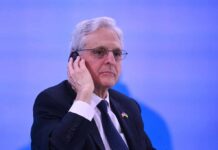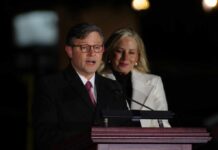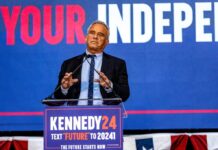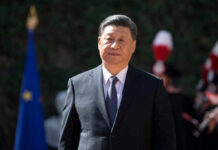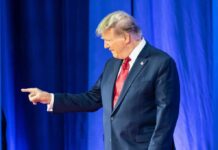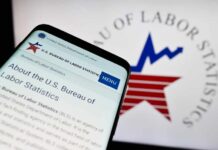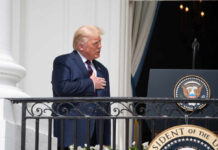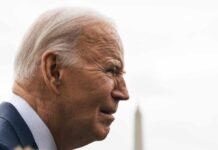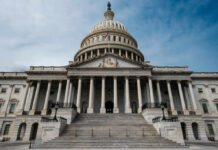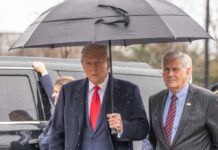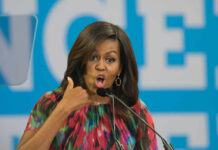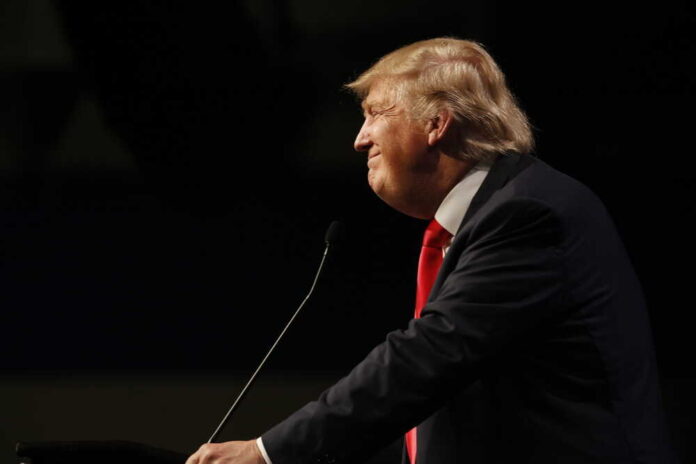
The Republican National Committee (RNC) has revealed the conditions under which GOP presidential candidates can participate in the first primary debate scheduled for August 23 in Milwaukee, Wisconsin. The criteria reflect the RNC’s commitment to ensuring a “fair, neutral, and transparent primary process,” according to Chairwoman Ronna McDaniel.
The RNC has laid out clear benchmarks that candidates must meet regarding public support and funding. Candidates must poll at least 1% in at least three national polls or at 1% in two national polls and one early state poll from New Hampshire, South Carolina, Iowa, or Nevada. The polls that will be considered valid must involve at least 800 registered Republican voters and not be conducted by a polling company affiliated with a candidate or candidate committee.
RNC announces requirements for first GOP presidential primary debate https://t.co/yjiPoYQcTd pic.twitter.com/KU9n5jd3Ca
— New York Post (@nypost) June 2, 2023
Moreover, candidates are expected to show tangible evidence of a broad base of financial support. They must have a minimum of 40,000 unique donors, including at least 200 unique donors from at least 20 states and territories.
While some might perceive these requirements as stringent, it is a strategic move by the RNC. These criteria will ensure that candidates have a genuine base of support, both nationally and at the grassroots level, before taking the stage for the all-important debates.
Another key requirement is that all GOP candidates must pledge allegiance to the party’s eventual nominee and abstain from participating in non-RNC-sanctioned debates. This new requirement is seen as a mechanism to strengthen party unity, minimize fragmentation and present a united front against Democrats.
As per recent national polling data, a handful of potential candidates have already surpassed the minimum requirements. President Donald J. Trump, for instance, is leading the GOP field at 54%. Other candidates polling above 1%, according to a RealClearPolitics average, include Florida Gov. Ron DeSantis, former Vice President Mike Pence, Sen. Tim Scott (R-SC), entrepreneur Vivek Ramaswamy and former UN Ambassador Nikki Haley.
Some candidates will face substantial hurdles in meeting the party’s objective criteria. For example, figures like former Arkansas governor Asa Hutchinson and conservative radio talk radio host Larry Elder might struggle to meet the requirements. But the situation may inspire the marginal candidates to bolster their base and prove their viability as potential GOP nominees.



